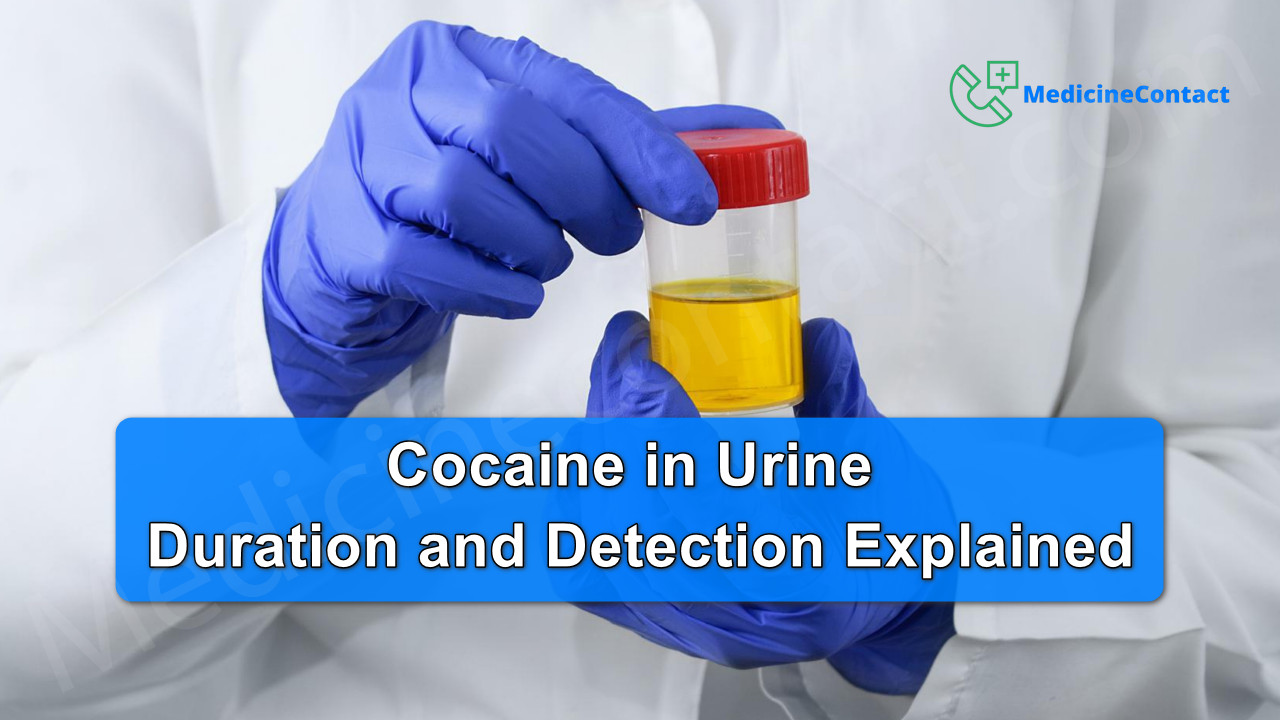
The Link Between Protein Shakes and Frequent Urination
If you have recently started adding protein shakes into your diet, you may have noticed that you need to pee more often shortly after drinking them. This article explores the reasons why protein shakes can make you pee more frequently.
Protein Digestion Produces Metabolic Byproducts
When you digest protein, whether from food or drinks, it gets broken down into individual amino acids and absorbed into the bloodstream. The metabolism of these amino acids produces compounds like urea and ammonia as byproducts.
Both urea and ammonia are toxic in high concentrations, so your body dilutes and eliminates them quickly through urination. That's why eating high-protein foods or protein supplements often leads to an increase in urine production.
Protein Draws Fluid into the Digestive Tract
In addition to the metabolic byproducts, the protein itself needs water to be processed and utilized by the body. So when you consume a protein shake, it pulls extra fluid into the digestive system to aid in the digestion and absorption process.
This shift of fluid into the gastrointesintal tract can temporarily decrease your body's overall fluid levels. Sensors in the kidneys detect this relative dehydration and trigger the release of vasopressin, a hormone that signals the kidneys to conserve water.
Less water getting filtered by the kidneys results in smaller volumes of more concentrated urine. But as soon as you rehydrate with more fluids, vasopressin levels drop and the kidneys flush out the excess concentrated urine that was being stored.
Osmotic Effects of Protein Draw in Water
The biochemical structure of protein molecules also plays a role in increased urine production. Many types of proteins have an affinity for water and act as osmolytes, compounds that can transfer water across cell membranes.
When you drink a protein shake, some of its osmotic effects pull water into the digestive tract to aid in the breakdown of the large protein molecules. This also temporarily decreases the body's fluid levels, triggering vasopressin release until you rehydrate.
Blood Urea Levels Peak After Protein Intake
Research shows that blood urea concentration, one measure of protein metabolic byproducts, tends to peak about 2-4 hours after high-protein meals or supplements. Urea is filtered out of blood by the kidneys, so urea peaks in the blood translate into higher urine output.
The kidneys kick into higher gear to filter out the urea and restore blood levels back to normal. This clears urea and water from the body through increased urination.
Tips to Minimize Protein Shake Effects on Urination
While drinking protein shakes may send you hurrying to pee soon after, there are some ways to minimize the impact:
Stay Well Hydrated
Drinking adequate fluids is key to offsetting the fluid loss effects of protein digestion. Focus on hydrating well before and after protein shakes to maintain blood volume and flow to the kidneys.
Spread Out Protein Intake
Consuming smaller amounts of protein through the day puts less strain on the digestive system and kidneys at one time. The urea byproduct peaks are smaller and easier to clear out.
Consider Types of Protein
Some protein sources, like whey protein, are fast digesting so urea peaks come on quickly. Slower proteins, like casein, may not affect urine output as drastically.
Allow Time for Filtering
Expect to pee more for the few hours after finishing a protein shake. But if frequency persists beyond 6 hours, hydration or overall protein intake may need to be adjusted.
In most healthy people, drinking protein shakes as part of a balanced diet should not cause ongoing issues with urination frequency. Pay attention to your fluid intake, and consult your doctor if problems persist.
FAQs
Do protein shakes cause frequent peeing in everyone?
No, individual responses vary based on health status and tolerance levels. But increased urine production shortly after consuming protein shakes is very common.
Is needing to urinate frequently after protein shakes dangerous?
For most healthy people, no. It's simply the body's response to filtering extra urea and restoring fluid balance. But those with existing urinary tract or kidney issues should exercise caution with protein supplements.
How long does protein-induced peeing tend to last?
Urine production usually peaks in the 2-4 hours following high protein intake as urea levels rise and then fall. Peeing frequency should return closer to normal within 6 or so hours.
Do some protein powders make you pee more than others?
Yes, proteins that digest and absorb quickly like whey can cause a rapid spike of urea and urine output compared to slower-digesting proteins.
What helps minimize excessive peeing from protein shakes?
Tips include staying well hydrated, spacing smaller amounts of protein throughout the day, choosing certain types of proteins, and allowing time for the urea spike to clear.
Disclaimer: This article is for informational purposes only and does not constitute medical advice. Always consult with a healthcare professional before starting any new treatment regimen.



